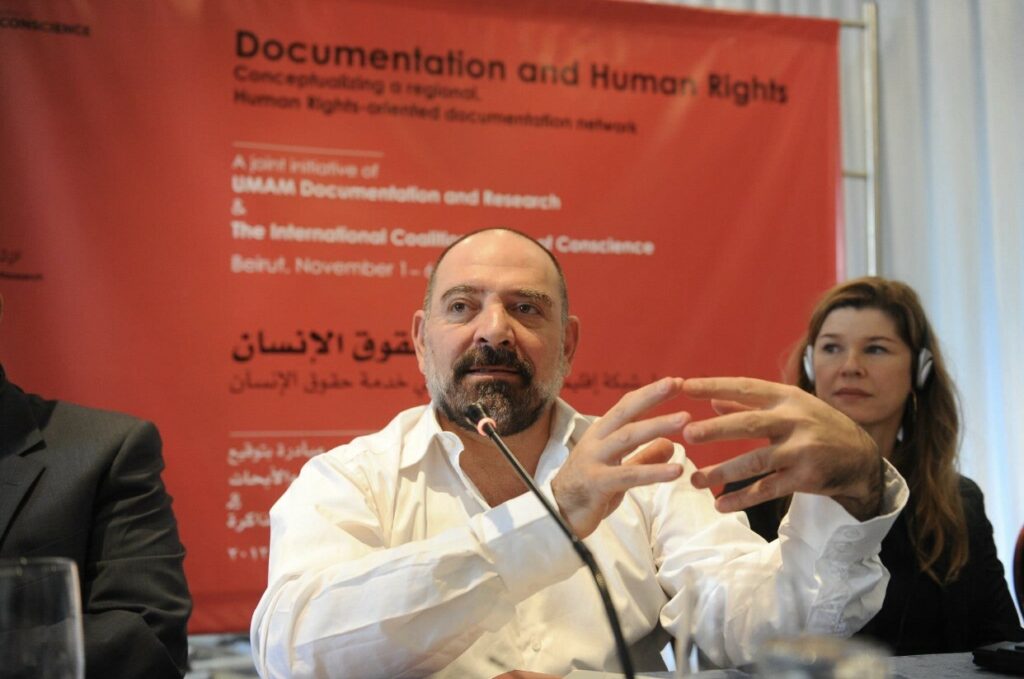
One year after the murder of Lokman Slim, a Lebanese journalist and political analyst who had been threatened by Hezbollah activists for months, Reporters Without Borders (RSF) has referred the decline in the security of journalists in Lebanon to the UN and has asked it to ensure that the authorities take all necessary measure to protect them and guarantee their safety. Slim was found dead near his car exactly one year ago, on 4 February 2021, after setting off for his home in Beirut. Despite the many reasons for suspecting Hezbollah members, who had threatened him for months because of his criticisms, the investigation never got any leads on the identity of his killers in order to bring them to justice.
RSF therefore formally referred Slim’s murder, and the cases of 27 other journalists who have been the victims of serious threats or acts of violence, to the United Nations at the end of January, in order to sound the alarm about the disturbing decline in press freedom and journalists’ safety in Lebanon since October 2019. In its “allegation letter” to the three UN Human Rights Council special rapporteurs on extrajudicial executions, freedom of expression and violence against women, RSF urges the UN to press the Lebanese authorities to guarantee the safety and protection of journalists, whose working environment has declined sharply since the start of anti-corruption protests in October 2019 and the Beirut port explosion in August 2020. “Independent, impartial and thorough investigations must be carried out into all acts of violence and crimes against journalists,” said RSF advocacy director Antoine Bernard. “Journalists are paying a high price for the culture of impunity that prevails in Lebanon. It is essential that those responsible for these crimes are identified, prosecuted and convicted.”
According to RSF’s tally, journalists have been the victims of nearly 140 press freedom violations since October 2019 – an unprecedented figure that includes acts of physical and verbal violence and arrests. Around 30% of these violations targeted women journalists, who are particularly vulnerable to cyber-harassment and death threats. One of them, Nidaa Al-Watan reporter Mariam Seif, had to flee the country. Photographer Joseph Bejjani’s murder in December 2020, six weeks before Slim’s murder, raised many question that remain unanswered. No significant investigation was carried out and his killers’ motives are still unclear. Lebanon is ranked 107th out of 180 countries in RSF’s 2021 World Press Freedom Index.



